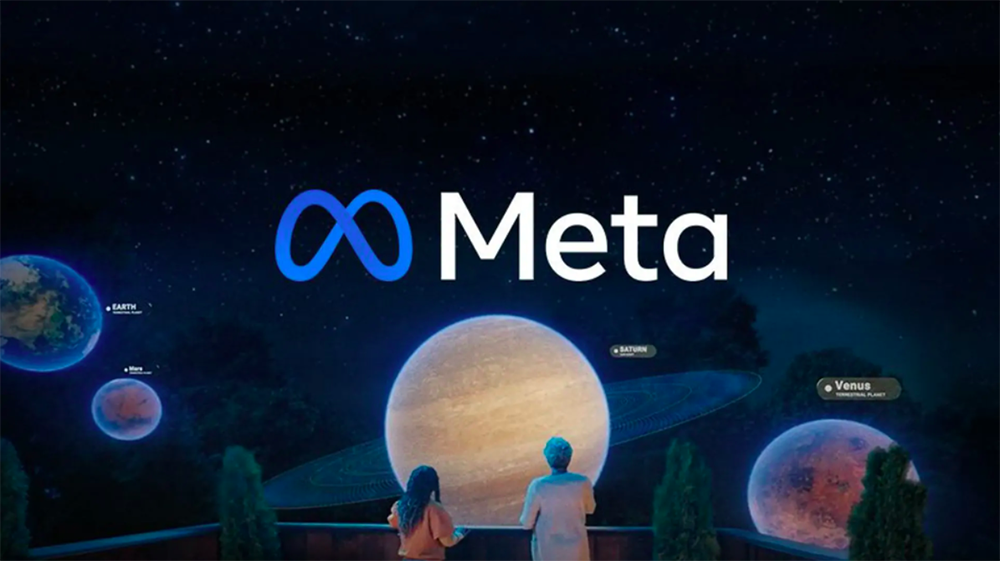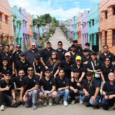
Meta, the parent company of Facebook, announced that it is preparing for the upcoming general election this May.
In a post, Meta said, “To help keep people safe during the upcoming Philippine General election, we’ve built new products and developed stronger policies in collaboration with the Commission on Elections, election watchdogs, independent fact checkers and civil society organizations.”
One of its key moves is deleting “a network of over 400 accounts, Pages, and Groups in the Philippines that worked together to systematically violate our Community Standards and evade enforcement.”
An example is a network of Facebook Pages, groups, and accounts maintained by the New People’s Army (NPA).
Meta also noticed the following:
Context switching: This is when pages and groups would switch their focus to increase their following. Meta cited the example of a page that shared dance videos that renamed itself to Bongbong Marcos news. Another page that supported a politician changed its name to Your Financial Answer to post loan advice.
Deceptive efforts to pose as authentic communities: These are pages, groups, and people from “Vietnam, Thailand, and the US that posed as members of local communities in the Philippines in an apparent attempt to monetize people’s attention on the election.” According to Meta, “they claimed to share live footage while purporting to be local news sources on the ground in an attempt to drive people to their clickbait websites filled with ads.”
Inauthentic engagement: Meta noticed “several efforts to post at high, spam-like rates to drive people to particular Pages or off-platform websites.” For example, Meta discovered a social media management agency that had a network of over 700 accounts to post and share political and entertainment content.
Apart from deleting accounts, pages, and groups, Meta also launched an Elections Operation Center, which “will bring together subject matter experts from across the company on critical issues including misinformation, safety, human rights, cybersecurity, and others to monitor and respond to emerging risks in real time.”
The center will be manned by local experts who speak the language and “have a deep understanding of the context on the ground in the Philippines.”
Facebook will continue to monitor hate speech, bullying and harassment, and content that violates its violence and incitement policies, using artificial intelligence technology and content moderators who can review content in both Filipino and Cebuano.
They also have independent third-party fact-checking partners in the Philippines such as AFP, Rappler, and Vera Files to review and rate the accuracy of content. Meta said that “all our fact-checking partners are certified by the nonpartisan International Fact-Checking Network (IFCN).” In addition, the company also introduced the Philippine Fact-Checker Incubator program with Internews.
To read more about how Meta is preparing for the elections, check out this link.
What do you think? Share your thoughts below!
Do you have a story for the WhenInManila.com Team? Email us at story.wheninmanila@gmail.com or send us a direct message at WhenInManila.com Facebook Page. Interact with the team and join the WhenInManila.com Community at WIM Squad. Join our Viber group to be updated with the latest news!






